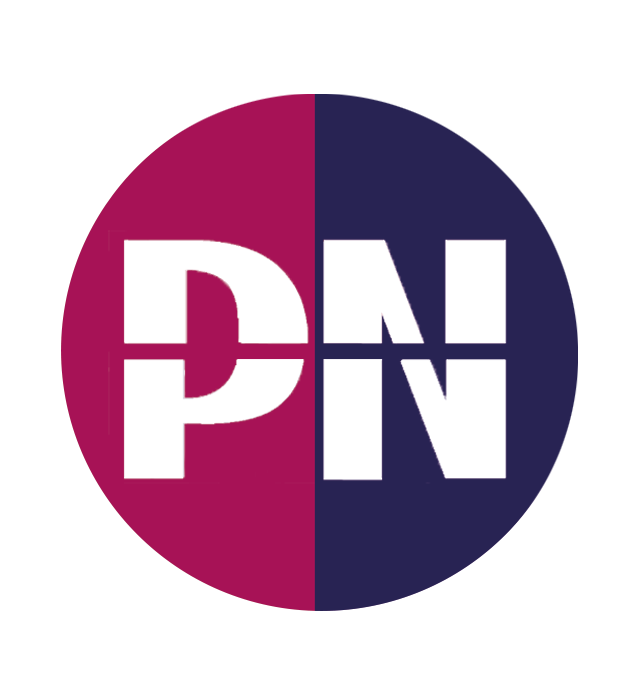The hospitality industry thrives on creating exceptional experiences for guests, and with the rise in global travel, the demand for multilingual communication has never been higher. Whether it’s a luxury hotel, a family-run restaurant, or a famous tourist attraction, ensuring that your services are accessible and understood by international visitors is key to success. That’s where professional translation comes in.
In this blog, we’ll explore why translating content is essential for the hospitality industry and how businesses can benefit from accurate, culturally relevant translation services.

Why Translation Matters in Hospitality
Hospitality is all about welcoming people from all over the world. For many international travellers, language barriers can be a source of stress or confusion, detracting from their experience. By offering translated materials, hotels, restaurants, and tourist attractions can bridge this gap, ensuring that all guests feel informed and cared for.
Here are some key reasons why translation is crucial in hospitality:
- Improved Guest Satisfaction: When guests can access information in their native language, they are more likely to enjoy their experience and feel valued.
- Increased Bookings and Revenue: A multilingual website or menu can attract more international visitors, encouraging bookings, reservations, and repeat business.
- Stronger Brand Reputation: Offering services in multiple languages demonstrates that your business is globally-minded and committed to excellent customer service.
Hotels: Making Guests Feel at Home in Any Language
For hotels, offering information in multiple languages is a must. Whether it’s room service menus, welcome guides, or signage, translated materials make guests feel more at ease during their stay. Key areas where translation can have an impact include:
- Booking Websites and Mobile Apps: Ensuring that your website or app is available in multiple languages can significantly boost international bookings. Localising currencies, dates, and measurements will also provide a more user-friendly experience.
- In-room Materials: Offering translated guest guides, safety instructions, and room service menus helps guests feel comfortable and informed.
- Multilingual Staff Support: While not strictly translation, having staff who speak multiple languages, or providing translation services on-site, can enhance the guest experience, especially for those with specific needs or requests.
Restaurants: Catering to a Global Palate
For restaurants, language can make a world of difference in customer satisfaction. A well-translated menu not only helps guests understand what they are ordering but can also be a powerful marketing tool. Here’s how translation benefits restaurants:
- Menu Translation: A poorly translated menu can confuse or even deter customers. Accurate menu translations ensure that guests know exactly what they are ordering, enhancing their dining experience. This is especially important for dishes with cultural or regional significance.
- Allergen Information and Dietary Restrictions: With growing awareness of food allergies and dietary needs, this information must be communicated. Translating allergen details and dietary options can help prevent misunderstandings and ensure the safety of your guests.
- Promotional Materials: Translating flyers, advertisements, and social media content allows restaurants to reach a broader audience, driving foot traffic from international visitors.
Tourist Attractions: Engaging Visitors from Around the World
Tourist attractions—whether they’re museums, historical landmarks, or theme parks—rely on clear communication to enhance the visitor experience. Here are some ways that translation can make a difference:
- Guided Tours and Audio Guides: Offering translated materials for self-guided tours or providing audio guides in different languages allows international visitors to engage fully with the site or exhibition.
- Signage and Information Boards: Multilingual signage ensures that all visitors can navigate the attraction easily, reducing confusion and improving accessibility.
- Souvenir Shops and Cafés: Clear translation of product descriptions and pricing in gift shops and cafes can boost sales, as international tourists are more likely to make purchases when they understand what’s on offer.
The Importance of Cultural Sensitivity in Hospitality Translation
While accuracy is key, translation in the hospitality industry is about more than just converting words from one language to another. It’s essential to consider cultural differences, idiomatic expressions, and local preferences. A phrase that makes perfect sense in one language may not translate directly into another. This is why working with professional translators who understand the nuances of both the source and target cultures is so important.
Why Choose Prestige Network for Hospitality Translation?
At Prestige Network, we specialise in providing accurate, culturally relevant translations for the hospitality industry. Our team of expert translators is experienced in working with hotels, restaurants, and tourist attractions, ensuring that your materials resonate with a global audience.
We offer a range of services, including:
With our support, your business can create seamless experiences for guests, no matter where they come from or what language they speak.
Conclusion
In today’s interconnected world, offering multilingual services is no longer optional—it’s essential. By investing in professional translation, hotels, restaurants, and tourist attractions can ensure that all guests feel welcomed, valued, and informed.
Ready to take your hospitality business global? Contact Prestige Network today to learn more about our tourism translation services and how we can help you engage with a wider audience.






